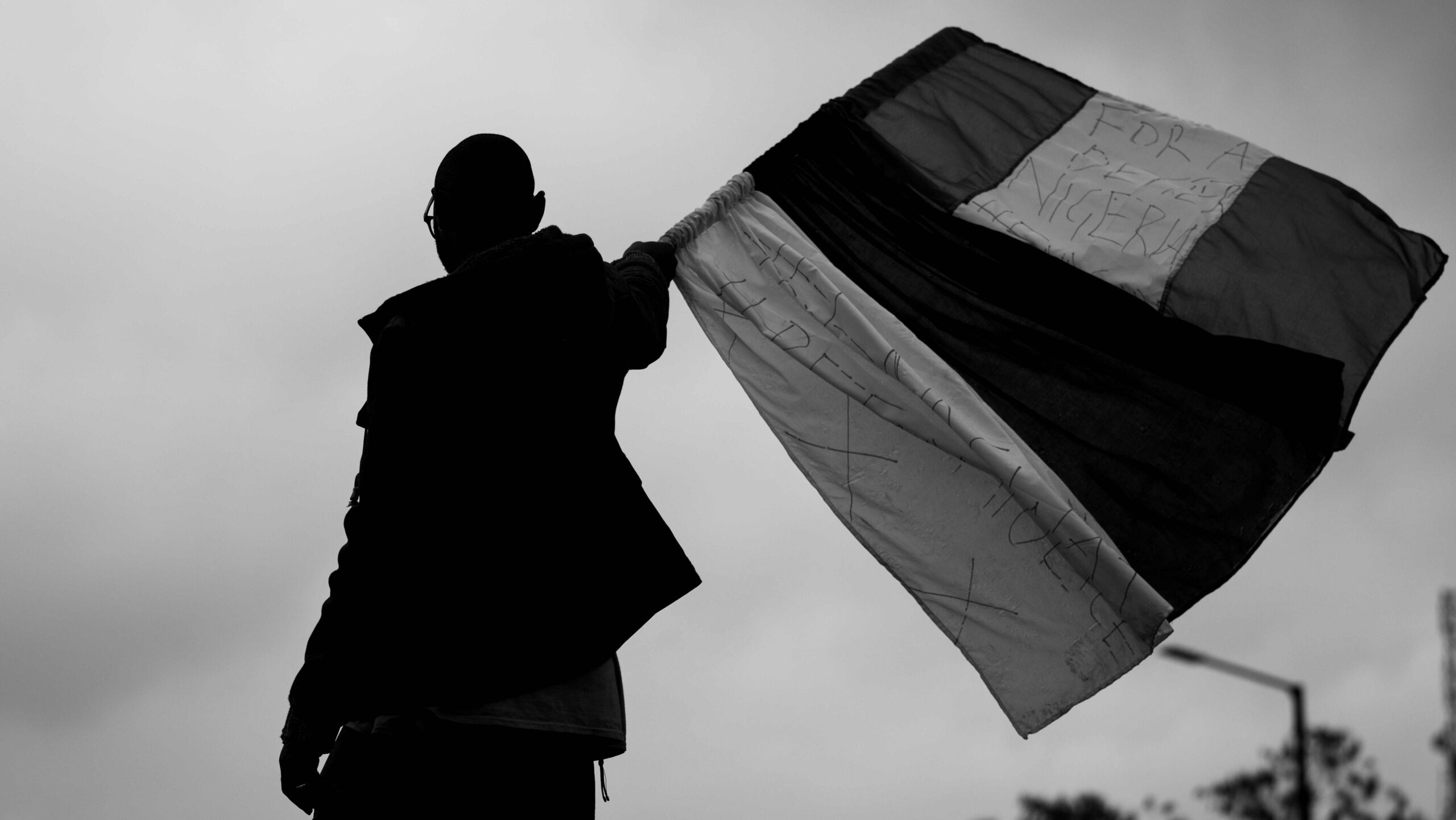Between 23 and 25 December 2023, a series of armed attacks now known as the Nigeria Christmas Massacre rocked Plateau State in central Nigeria, leaving a devastating impact on at least 17 rural communities in the Nigerian local government areas of Bokkos and Barkin Ladi. These harrowing assaults, believed to be orchestrated by Fulani militias, resulted in a staggering death toll of at least 200 individuals, with over 500 more suffering injuries. The aftermath of the attacks witnessed widespread destruction of property, adding to the already volatile situation in the region.
Plateau State, nestled in Nigeria’s Middle Belt, has long been a hotspot for ethnic and religious tensions, particularly between Muslim Fulani herders and Christian farmers. The underlying conflicts, rooted in disputes over land ownership and grazing rights dating back to 2011, have created fertile ground for violence and unrest.
Muhammed Nuru Abdullahi, the state chairman of the Miyetti Allah Cattle Breeders Association of Nigeria (MACBAN), alleged collusion between state security forces and farmers in instigating the attacks. According to Abdullahi, the violence erupted following a failed attempt at “cattle rustling” against Fulani herders on 23 December, culminating in the burning of 130 houses across several Fulani villages on 24 December. The MACBAN has advocated for the establishment of ranches as a potential solution to mitigate conflicts between farmers and herders.
The attacks, characterized by brutality and indiscriminate violence, unleashed unimaginable terror upon unsuspecting communities. Despite the Nigerian Army’s subsequent “clearance operations” to track down suspects, victims reported significant delays in security force responses, exacerbating the already dire situation and heightening feelings of insecurity among the populace.
The ferocity of the attacks prompted widespread outrage and demands for justice from residents, who felt abandoned by the authorities in their hour of need. While Governor Caleb Mutfwang condemned the violence, his response faced criticism, with calls for an independent investigation into the incidents gaining momentum. International condemnation poured in, with organizations such as Amnesty International and world leaders expressing solidarity with the affected communities and offering support in the quest for justice and reconciliation.
In a poignant display of unity and resilience, approximately 5,000 Nigerian Christians congregated in Jos, the capital of Plateau State, on 8 January 2024. The peaceful rally outside the governor’s office served as a powerful reminder of the community’s unwavering resolve to seek peace and hold perpetrators accountable for their heinous actions.
As Plateau State grapples with the aftermath of the Nigeria Christmas Massacre of 2024, the road to recovery remains fraught with challenges. However, amidst the darkness, there glimmers a beacon of hope — a collective determination to rebuild shattered lives, foster reconciliation, and pave the way towards a future of lasting peace and harmony for all.
Image Credit: Ayoola Salako on Unsplash





